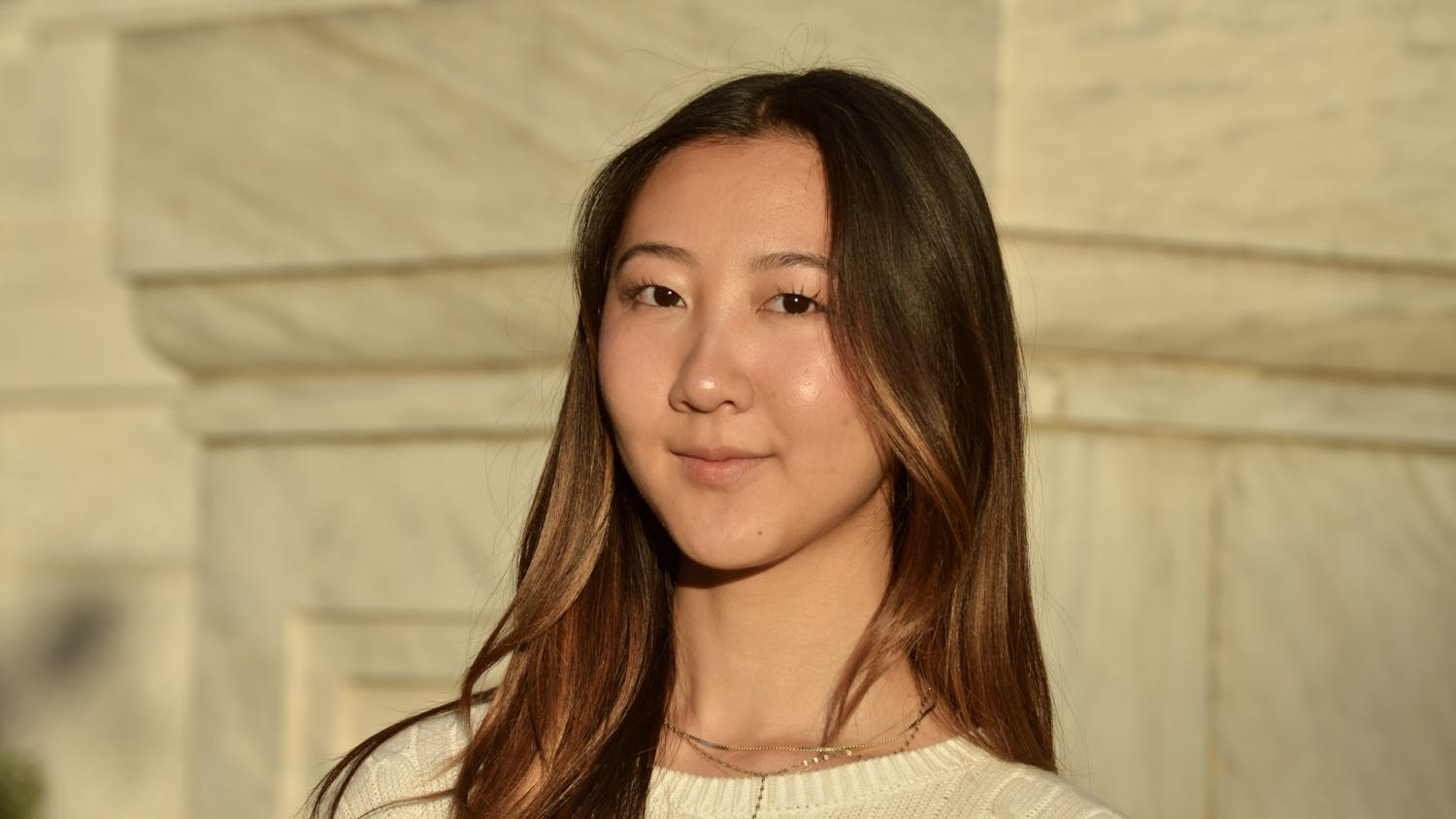The oft-repeated rumor that Israel is an apartheid state must be quashed. Maybe you’ve heard it, maybe you’ve believed it, maybe you’ve questioned it or maybe you’ve dismissed it. Nevertheless, I’d like to fill the gap regarding the allegations because to ignore the calumny simply leaves the arena open for this lie to spread unhindered.
Let’s start with the basics: what is apartheid and does Israel fit the definition?
Apartheid is the term used to describe racial segregation and discrimination that was violently enforced on black people by the white minority governments in South Africa.
Israeli society, like many others, is not free of racial and religious discrimination. Yet in Israel, all minorities – including the more than 20 percent of Israeli citizens who are Arab – have equal civil, political, economic and personal rights. Israeli Arab citizens form political parties, compete in free and fair elections, and are represented in all levels of the legislature, executive and judiciary. For example, Arabs are members of the Israeli Knesset, executive cabinet and High Court. Israelis of all religions and ethnicities attend the same universities and use the same hospitals. All street signs are written in Hebrew as well as Arabic, because both are the official languages of Israel.
Yes, there are inequalities in Israeli society and Israel’s Arab citizens suffer from a number of disadvantages. For example, while 20 percent of the Israeli population is defined as living in poverty, the Arab figure is 50 percent (and 60 percent of ultra-Orthodox Jews in Israel live in poverty). However, to use the term ‘apartheid’ to describe these socio-economic gaps is inherently wrong. Is there discrimination in Israel? Yes – there is discrimination against women, elderly, Arabs, Russian Jews, Christians – but the same goes for the United States. The existence of discrimination in a state does not mean it is an apartheid state.
Now, what is this “wall” that everyone is talking about?
After the failure of the Camp David Peace Talks in 2000, the Second Intifada was launched. Following a rash of suicide bombings and other terrorist attacks that occurred in Israel, the Separation Barrier was built. The motivation behind the construction was a defensive security response to terrorism. It does not separate races, but protects Israeli population centers, both Jewish and Arab, from Palestinian population centers where the suicide bombers set out. The barrier contributed to a dramatic reduction in successful terrorist attacks inside Israel and helped bring an end to the Second Intifada.
I continue to place the term “wall” in quotations because around 97 percent of the barrier is not a wall – it is an electronically monitored fence. The rest is a wall built up in areas where there is not enough room for a monitored fence. Many of us have seen the images of the physical wall, coated in beautiful street art that displays sanguine yet vocal phrases such as “make hummus not war.” But many might not know the reason for the holes located near the top of each wall block. These holes are for the sole purpose of mobility: cranes can grasp and pick up the walls to move it. Thus, the walls are temporary. And in the event of a peace deal, the Separation Barrier will be moved. In essence, the “wall” does not represent apartheid, but a failure of diplomacy.
Maybe some of you have wondered, why doesn’t Israel grant citizenship to West Bank Palestinians?
Israel does not grant Israeli citizenship to West Bank Palestinians (which would give every West Bank Palestinian a vote in Israeli elections) because that would amount to annexation of the Territories, making them part of Israel, and thus ending all prospects for a Palestinian state. Israel seeks to end the occupation of the territories by agreeing to a peace deal that gives the Palestinians a state while giving recognition and security to Israel.
Some say Israel should just “get out” of the West Bank without any peace deal. Israel did just “get out” of Gaza in 2005, and 8,000 rockets have since been fired from Gaza into Israel. Prior to that, when Israel just “got out” of a security zone Israel controlled in Southern Lebanon in 2000, the Iranian proxy and terrorist organization Hezbollah stepped in with 60,000 aimed at Israel. To just “get out” of the West Bank without any security guarantees would be risky to say the least. Thus, constructive discussions aimed at securing a final status agreement between the Israelis and Palestinians is, inevitably, the most effective steps to take.
To call Israel an apartheid state is an expression of ignorance. The apartheid analogy cuts against the peace process as its purpose is to suggest that Israel, like the South African apartheid regime, should not exist. The two parties – Israelis and Palestinians – have worked with the international community to negotiate a resolution to the conflict. They have come close to a deal in recent times at Camp David in 2000, Taba in 2001 and Annapolis in 2007. Now, they are trying again. The apartheid analogy gets in the way of both a proper understanding of the conflict and of peacemaking efforts. This libel produces only polarization, separation, mutual loathing, and maximalism. The difficult path to peace in the Middle East can do without this sort of empty vilification.
Mollie Adatto is a senior in the School of International Service.




